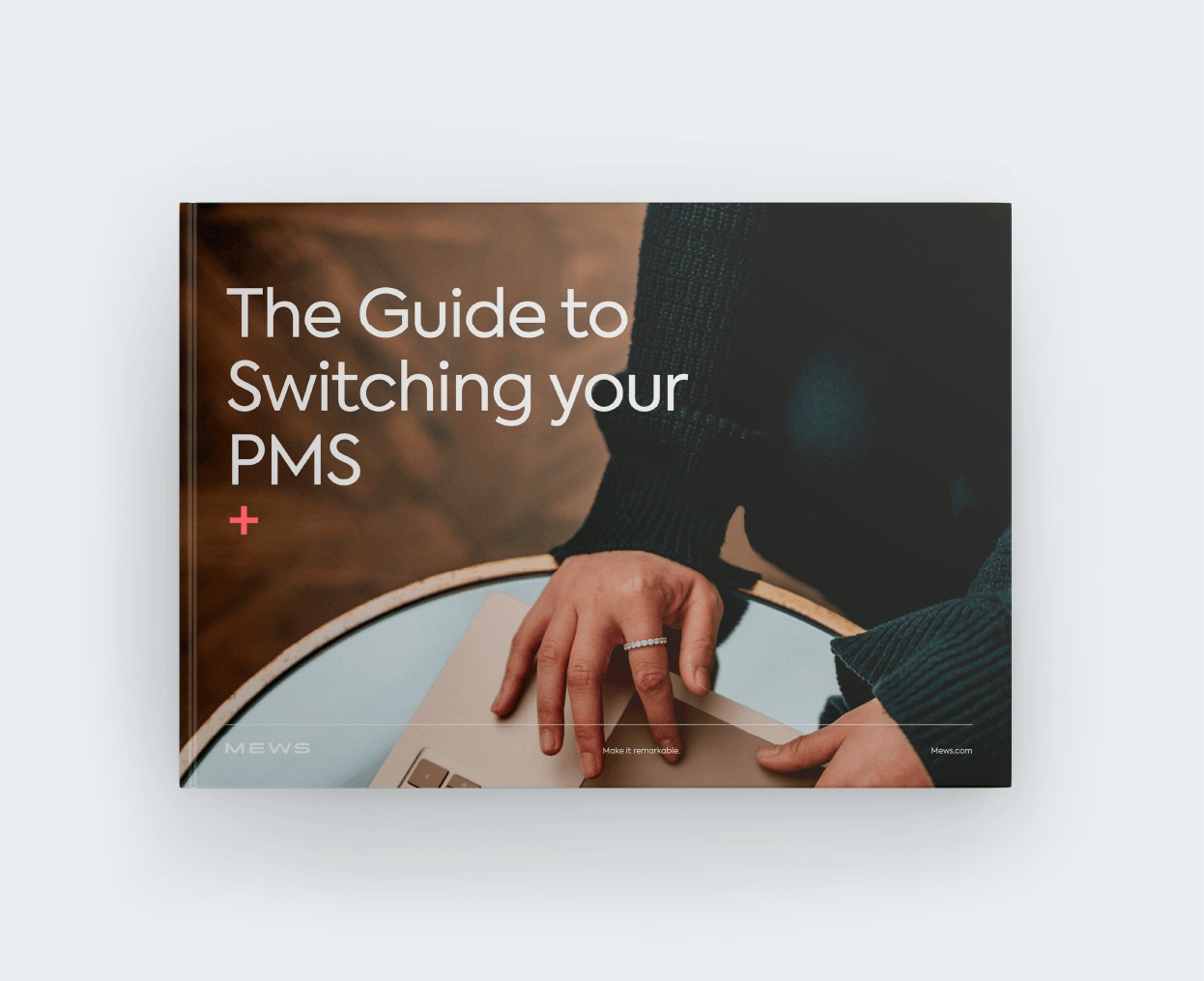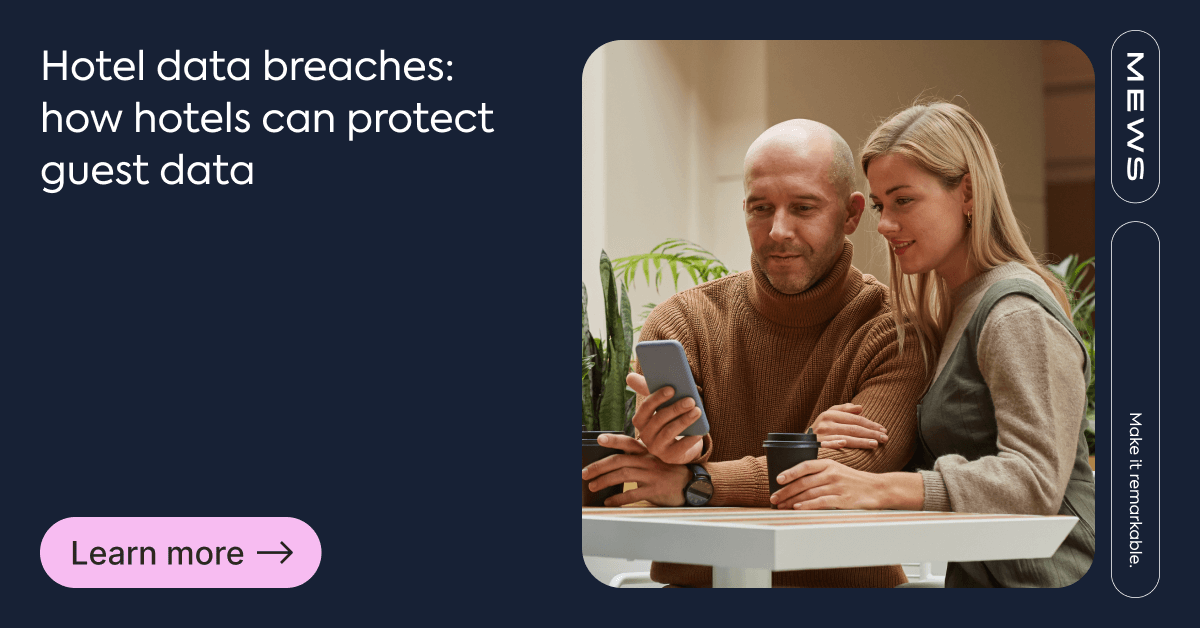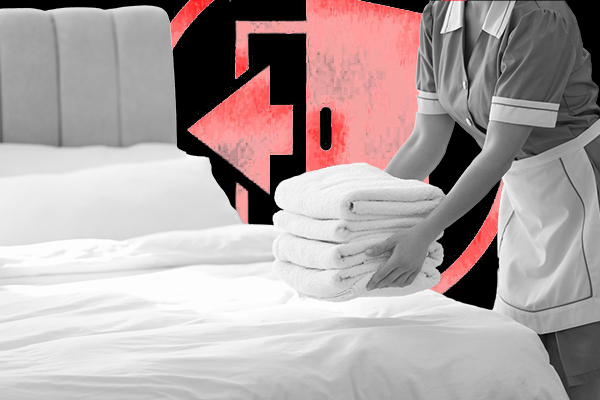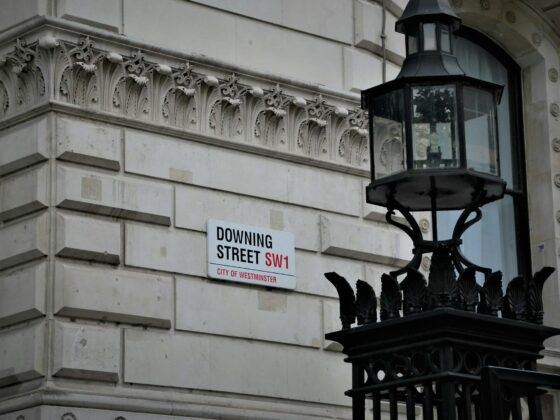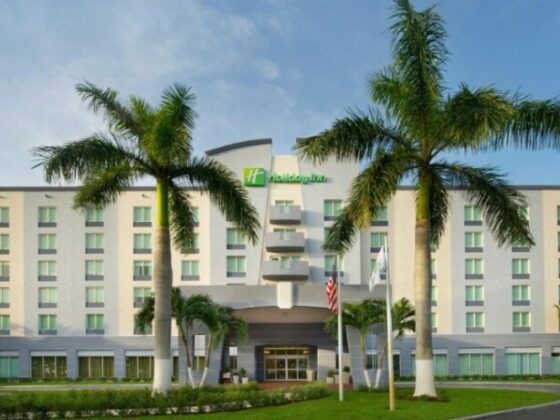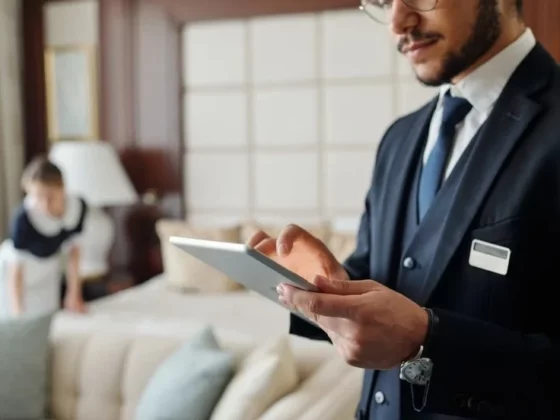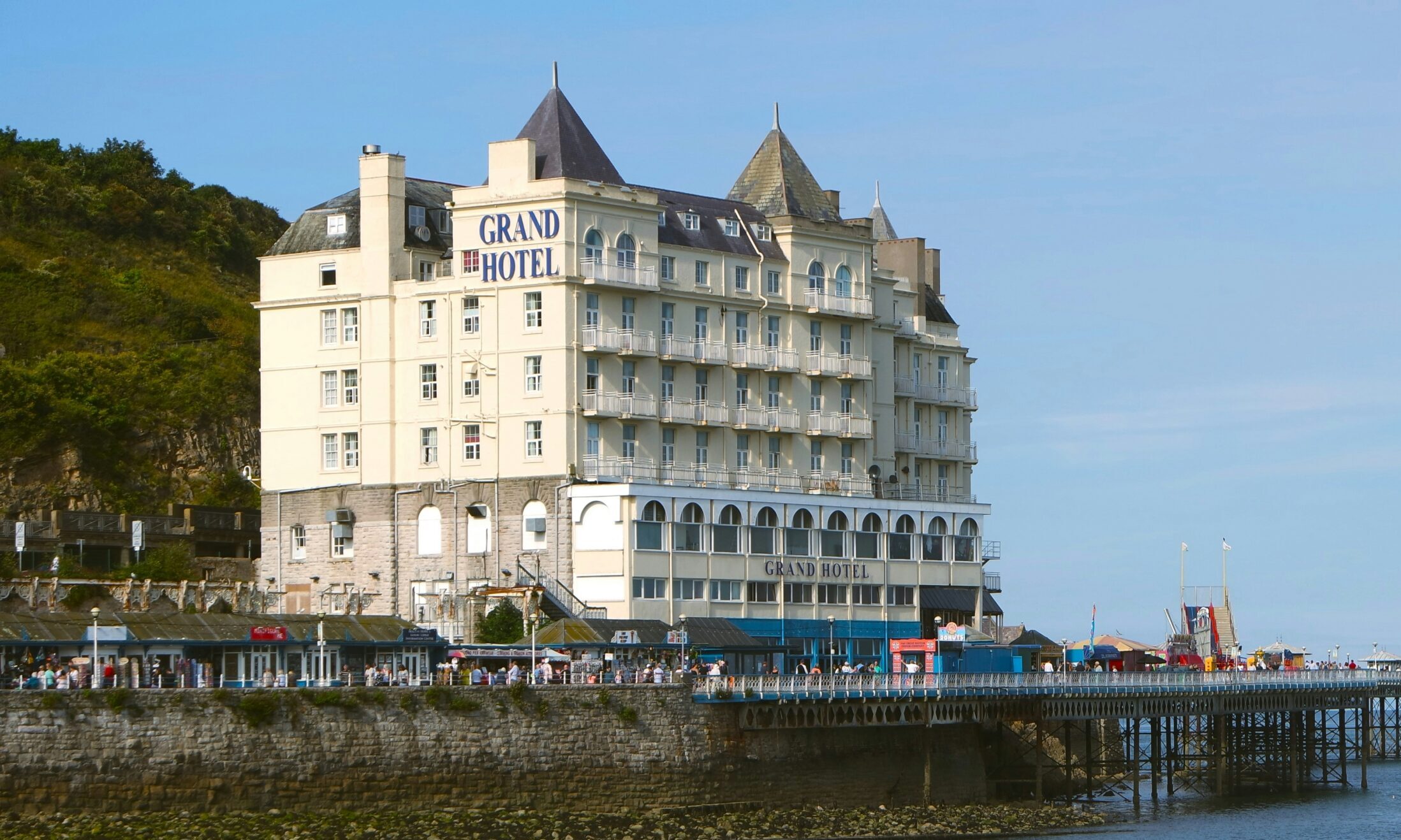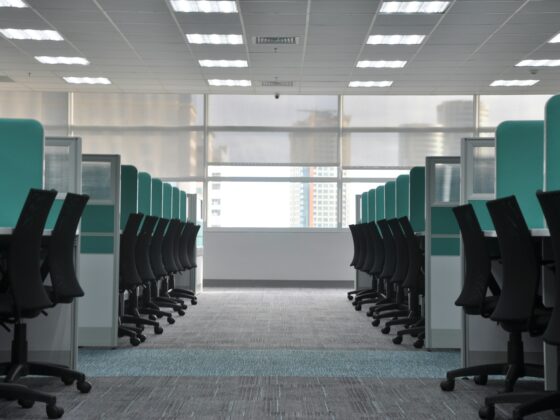What is a hotel data breach?
Hotels store vast amounts of personal and financial data – from credit card numbers and bank accounts to passport details. Cybersecurity in the hotel industry is about protecting this guest information and the systems that store it.
Breaches usually occur in two ways:
- Accidental leaks: often caused by human error, such as sending data to the wrong recipient, misconfigured databases, or insecure transfers where login credentials get intercepted.
- Targeted hacks: cybercriminals using malware, phishing or exploiting system vulnerabilities to steal data or disrupt hotel operations.
You can find out how to combat these issues with our tips to prevent hotel phishing.
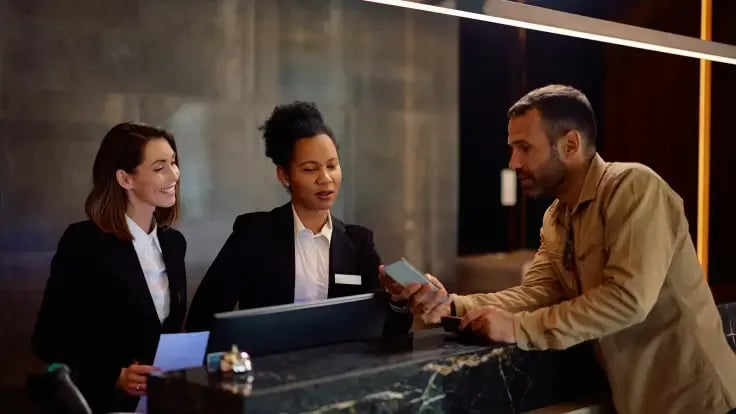
The harsh impact of hotel data breaches
Guest trust and reputation loss
Guests hand over their most sensitive information – from passport and phone numbers to payment card details – with the expectation that you’ll protect it. When that trust is broken, reputational damage is inevitable. Negative press, online backlash and potential legal action can follow quickly.
Financial costs
The financial fallout for data breaches is huge. Marriott, for example, paid a $52m settlement after its breach exposed data from 339 million guests worldwide. Fines, lawsuits and class actions are a reality for hotels that fail to safeguard data.
Operational disruption
A hotel data breach can cripple operations. If systems go offline, reservations, check-ins and payments are affected. The result? Frustrated guests, lost bookings and long-term damage to brand loyalty, which is why cybersecurity in hospitality is so important.
Recent hotel data breaches
Over the past few years, several high-profile breaches have affected major hotel chains:
- Omni Hotels (2024): a cyberattack disabled reservations and digital key systems across multiple properties.
- MGM Resorts: a social engineering attack caused over $100m in damages, disrupting payments, guest data and room access.
- Marriott International: 283 million guest records, including passports and credit card details, were exposed, resulting in a $52m settlement.
- Caesars Entertainment: hackers accessed loyalty program data, including Social Security numbers, and secured a $15m ransom to prevent publication.
- Otelier: 437,000 guest records from brands including Marriott, Hilton and Hyatt were leaked, exposing emails, phone numbers and partial card data.
Common types of data breaches in hotels
Malware attacks on hotel systems
Malware is a type of harmful software designed to gain unauthorized access to sensitive information. Various types of malware can cause data breaches in the hotel sector, including Trojans, viruses, worms, and adware.
Malware can be installed by hackers physically accessing hotel computers or through remote administrator access via the hotel’s Wi-Fi network. The goal is to steal personal information, such as addresses, credit card details, and other sensitive guest information for malicious gain.
Main consequence: Stolen data or system downtime.
Denial-of-service (DoS) attacks
A Denial-of-Service (DoS) attack occurs when a hacker overloads a network or machine, causing it to crash and interrupt hotel services carried out over Wi-Fi.
Main consequence: Interrupted hotel operations and potential data compromise.
Eavesdropping over hotel Wi-Fi
In an eavesdropping attack, hackers gain access to confidential details, such as passwords and session tokens, by intercepting communication channels or surveying session packages. This type of attack is often carried out over unsecured Wi-Fi networks. The stolen data is then used for the attacker’s profit or sold to competitors.
Main consequence: Reputation damage if guest data is exposed.
Phishing and social engineering scams
Spam and phishing attacks occur when hackers impersonate trusted entities – such as the hotel general manager – to trick customers into divulging sensitive information.
Main consequence: Loss of guest trust and stolen personal details.
Ransomware attacks on hotels
Ransomware is a type of malicious software that locks down a system or its files after accessing sensitive information. The attacker demands a ransom, and failure to pay results in the destruction of files or the permanent locking of the system.
Main consequence: Severe operational disruption and critical data loss.
DarkHotel-style hacking
A relatively new type of attack, DarkHotel hacking targets guests by exploiting a hotel’s Wi-Fi network. Cybercriminals use fake digital certificates to trick guests into downloading malicious software. Once installed, this software allows the hacker to access guest data, often targeting high-value individuals for financial gain.
Main consequence: Guest data theft.
Identity theft and fraudulent bookings
Identity theft occurs when hackers steal sensitive data to create fake bookings or misuse customer information, such as credit card details. These stolen identities are often used for fraudulent transactions.
Main consequence: Financial loss for both guests and hotels.
Third party vendor and PMS breaches
With external platforms like PMS, hotel management software and other third-party vendors that have a lot of sensitive data, there is a risk of that data being intercepted.
Main consequence: Exposed guest data.
Point-of-sale (POS) payment data breaches
POS systems are prime targets for attackers who are looking to get a hold of payment cards, and credit cards, especially if it’s not secured.
Main consequence: Financial theft and reputational harm.

9 tips to prevent hotel data breaches
1. Restrict hotel equipment to work-only use
Preventing data leaks starts with restricting hotel computers and business devices to work-related tasks. If employees use these devices to check personal emails or social media, they are more likely to accidentally install malware or fall for phishing scams. Point-of-sale (POS) computers should be used exclusively for transactions to minimize risk.
2. Use strong passwords and multi-factor authentication
Strong password security and two-factor authentication is a must-have in hospitality to preventing data breaches. Regularly update passwords and use unique credentials for each system. Reusing the same or slightly altered passwords across accounts makes it easier for hackers to gain access. Consider changing passwords monthly and using a password manager or generator to create strong, randomized passwords.
3. Segment networks and control access
Segmenting networks reduces the risk of breaches. For example, guests should not have access to the same Wi-Fi network as the hotel’s property management system (PMS). Since many hotels offer free Wi-Fi, it’s crucial to have a dedicated guest network separate from the corporate network. Additionally, staff devices should be restricted to the corporate network and protected with firewalls.
4. Regularly update software and back up data
Backing up critical data – such as financial records, business plans, and guest information – on a separate server is essential. Daily cloud backups, along with weekly, quarterly, and yearly server backups, provide additional security. In the event of an attack, having this data stored elsewhere ensures it remains accessible. Additionally, regularly updating devices and systems with the latest anti-virus software helps protect against emerging threats.
5. Train staff on cybersecurity best practices
Employee awareness is crucial in preventing cyber threats. Staff should be trained to recognize phishing attempts and other security risks. Providing ongoing cybersecurity education ensures employees know how to identify threats and respond appropriately, reducing potential damage to the hotel’s data and reputation.
6. Monitor systems and set up alerts
Use monitoring systems to detect if there is unusual activity and get real-time alerts so that you aware of suspicious activity.
7. Encrypt sensitive guest data
Ensure guest data is encrypted throughout the entire journey – from booking to check-out.
8. Test and update disaster recovery plans
Make sure your processes are tested regularly to ensure you have the measures in place to respond quickly and effectively in the case of a breach.
9. Stay informed about emerging threats
Keep up with cybersecurity trends and update your processes regularly. Share knowledge with your team so everyone knows what to watch for.
What to do if your hotel suffers a data breach
- Isolate affected systems immediately
- Inform authorities and comply with reporting regulations
- Notify guests promptly and transparently
- Review and strengthen your security processes
- Bring in cybersecurity experts if needed
Conclusion
For hotels, data breaches are less a question of if than when. The best defense is preparation – from strong cybersecurity processes and trained staff to working with a secure, cloud-based hotel management software like Mews. Protecting guest data is not only about compliance, but about safeguarding trust, reputation and long-term revenue.
Hotel data breach FAQs
1. What is a hotel data breach?
A hotel data breach happens when unauthorized individuals access sensitive hotel or guest data, either through hacking or accidental leaks.
2. How much can a hotel data breach cost?
The average cost is around $4m, but large cases like the Marriott data breach have cost more than ten times that.
3. Can guests get compensation for hotel data breaches?
Yes – often through class-action lawsuits or settlements if sensitive data is exposed.
4. How can hotels prevent data breaches?
By training staff, encrypting data, enforcing strong security practices and using secure PMS providers like Mews.
5. What should guests do if their hotel data was breached?
Guests should change passwords, enable fraud alerts on credit cards and monitor accounts closely for unusual activity.
Download “The Guide to Switching Your PMS”
